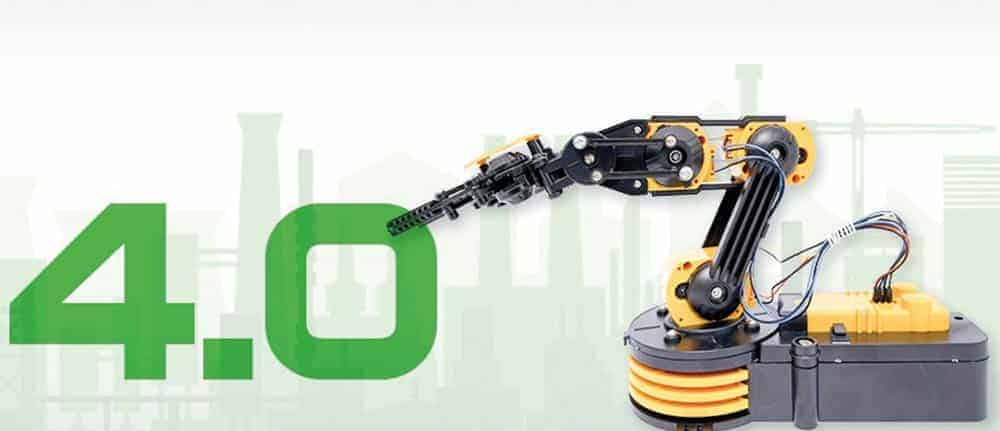Data quality as a success factor for digital processes


The trend toward Industry 4.0 has long since arrived in the larger industrial companies: Already 62 percent are using applications such as networked production facilities, real-time communication between machines or intelligent robots. A further 21 percent of companies are planning to use these technologies, according to a recent survey by Bitkom. If you want to keep pace in the future, you have to rely on digitization.
Using data to add value
Intelligent automation and the smooth exchange of information in networked systems - from machine to machine, but also between internal departments and to business partners - require a consistent and high-quality database. For the implementation of Industry 4.0 scenarios in modern manufacturing companies, master data is thus becoming a decisive success factor.
Today, the mass of data in many companies is almost unmanageable, because data is created throughout the entire company and processed in numerous places. With increasing data volumes and the large number of departments involved, the risk of errors in data maintenance also increases. Duplicates, typing errors or the use of outdated data are the consequences. This often generates high costs and leads to inefficiency.
In order to use master data in a value-adding way, cross-company and digital master data management is essential. Defined responsibilities in company-wide data maintenance and the use of a master data tool significantly improve data quality. Precisely tailored automated workflows make manual and non-transparent processes via e-mail or Excel superfluous. This speeds up data maintenance, simplifies coordination between departments, and ensures compliance.
And: The potential for automation can be fully exploited throughout the entire company. A practical example: A designer needs a new component for use in bills of materials. This must be created as a material in the SAP system so that it can be procured from the supplier and processed in SAP. The departments involved work according to a defined workflow with several approval levels that has been set up in the ERP system.
The designer requests the new material via a predefined web form in SAP and easily enters the required information. In the next step, the master data team maintains the general views. In this way, each material created in the SAP system is given a unique designation, which simplifies subsequent searches in the system, avoids incorrect classifications and prevents material master duplicates.
When creating new materials, a large proportion of the material master fields can be automatically preassigned using predefined rules - in practice often up to 90 percent. This reduces the processing effort and the risk of incorrect entries.
Subsequently, the accounting, purchasing and foreign trade views are maintained by the relevant departments. Here, too, the master data tool speeds up data maintenance and minimizes potential errors. Once the workflow is complete, the designer is notified by e-mail of the successful material creation.
The data quality decides
Data quality determines whether a company can successfully implement Industry 4.0 scenarios. A master data tool automates the consistent creation, maintenance and management of data throughout the company and significantly increases data quality. Modern manufacturing companies thus lay the foundation for successful digitization and the use of innovative technologies.







